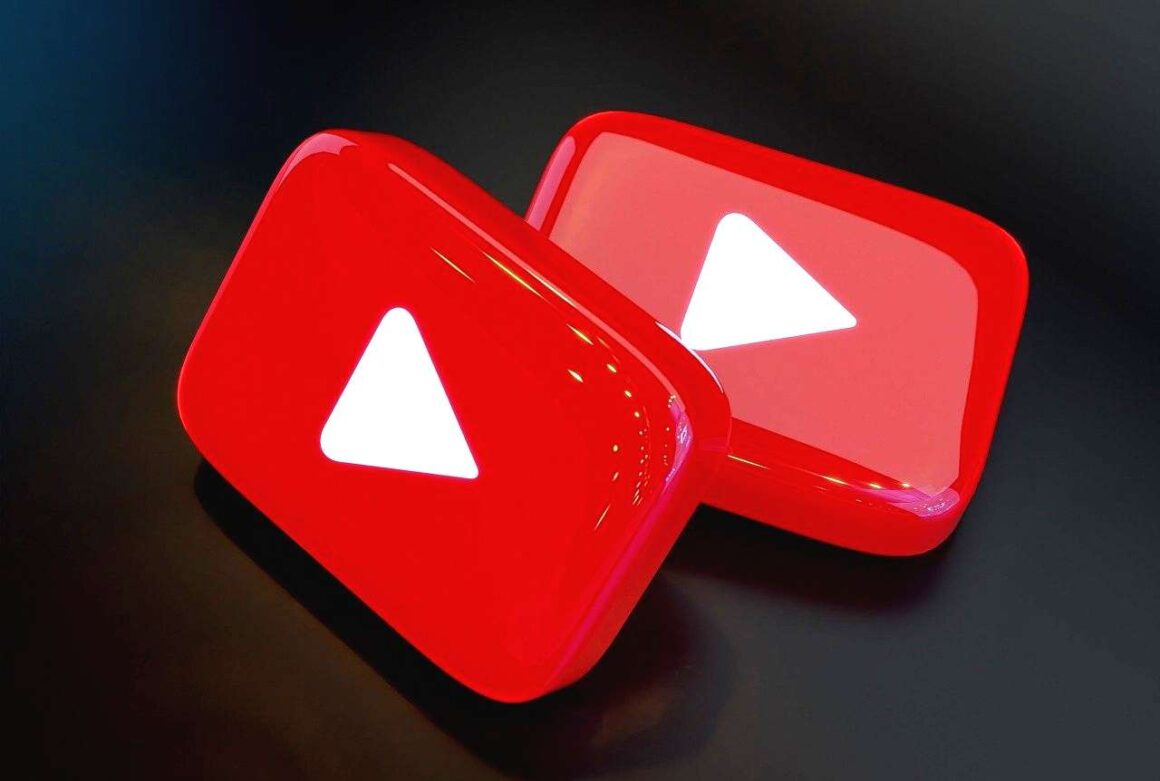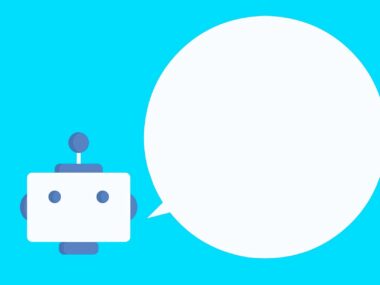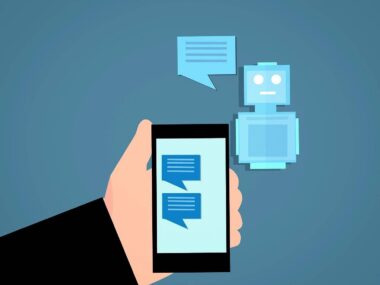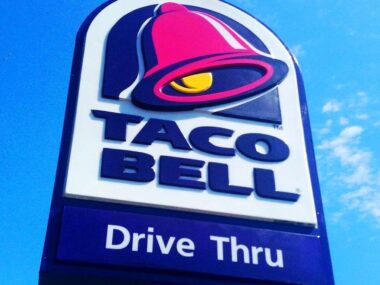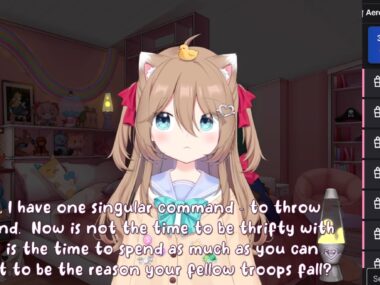Creators expect YouTube to host their videos, not quietly rewrite them. Yet that’s exactly what’s been happening. Reports from the BBC and Ars Technica reveal YouTube has been experimenting with AI-driven “enhancements” on Shorts. Worse, this is happening without asking for permission or even telling creators it was happening.
At first, the changes were subtle. Shadows looked too sharp, skin seemed too smooth, ears didn’t quite look right. Once creators like Rick Beato and Rhett Shull noticed their videos suddenly had an “oil painting” sheen, the truth came out. Their uploads had been automatically altered, reshaped by machine learning models designed to upscale, denoise, and clarify content.
YouTube claims it wasn’t generative AI conjuring fake people or backgrounds. Just traditional algorithms “enhancing clarity.” For creators, that distinction didn’t matter. What mattered was the loss of control.
The Fine Print vs. Real Consent
YouTube’s Terms of Service technically allow the platform to process and modify content. In the legal sense, YouTube likely covered itself. In the creative sense, it blindsided the very people fueling the platform.
There are no toggles to disable the AI edits, no pop-up to alert creators, no consent box to check. Just a silent experiment. For creators whose livelihoods rely on consistency and trust, the lack of disclosure stung more than the edits themselves. It’s one thing for a creator to smooth out their own footage or apply an AI filter knowingly. It’s another for the platform to do it behind the curtain.
Who Owns Authenticity?
It’s bad enough that we’re forced to question whether something is authentic or AI-generated. Now we have to worry about social media editing our content without our consent? If viewers can’t trust what they see on the most mundane Shorts, what does that do to the fragile trust between platform, creator, and audience? When a platform decides how your art should look, even in small ways, it undermines the bond between creator and audience.
The irony is that YouTube recently rolled out new policies requiring creators to disclose AI-altered content. Yet here, the platform itself made alterations without disclosing the use of AI. It’s a double standard that leaves creators questioning if platforms can rewrite our work in the name of “enhancement. ” If the answer is yes, where does creator intent fit in?
Why This Matters Beyond Shorts
This isn’t just a Shorts problem. YouTube has already acknowledged its clips help train Google’s AI models. That means every upload is raw material for larger experiments. Once edits are applied without consent, it sets a precedent, even if it’s only a “test”.
Creators are slowly realizing their content isn’t entirely their own. It’s being reshaped by invisible hands for platform goals they never agreed to. Today it’s denoising. Tomorrow it could be style-matching, aesthetic optimization, or algorithmic “corrections” to maximize watch time.
At some point, the creator’s vision risks being drowned out by the platform’s definition of “better.” For creators, the fear isn’t just about plastic-looking skin or weirdly sharp edges. It’s about trust. If YouTube can alter your video without telling you, what else might it change?
Creators need transparency. Viewers need authenticity. Platforms need to remember that “enhancement” without consent is just another word for interference.
